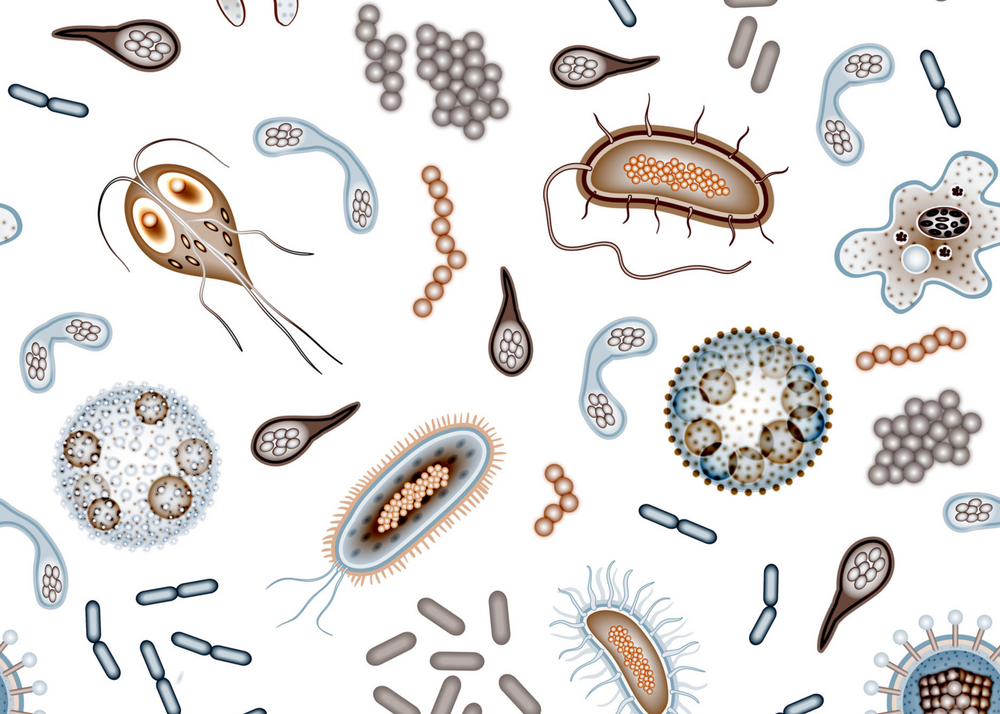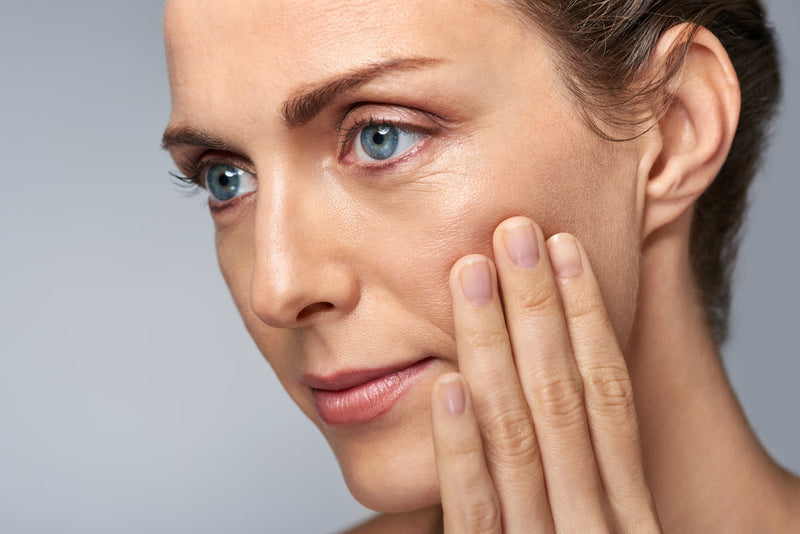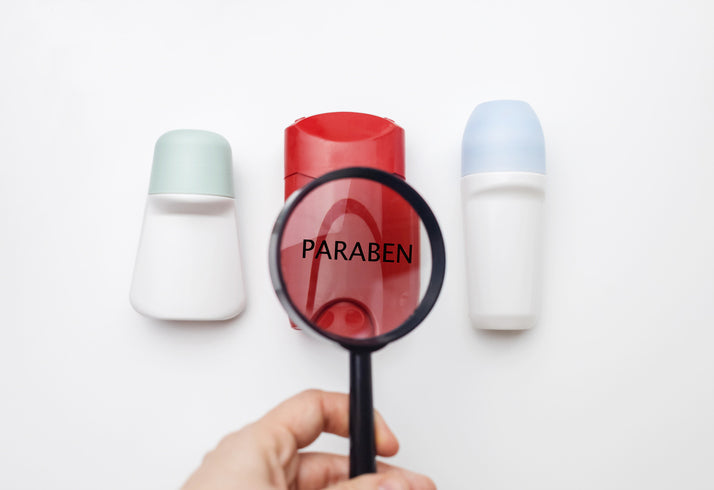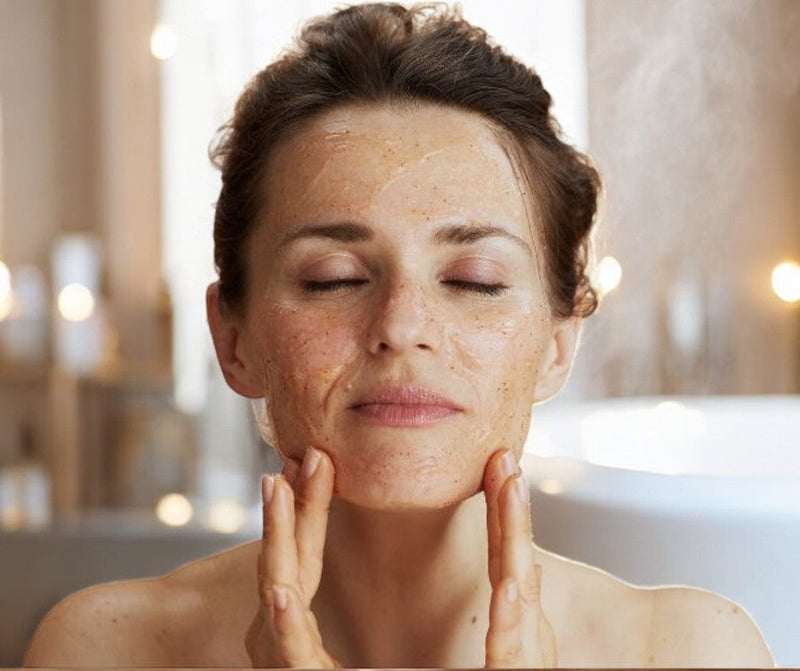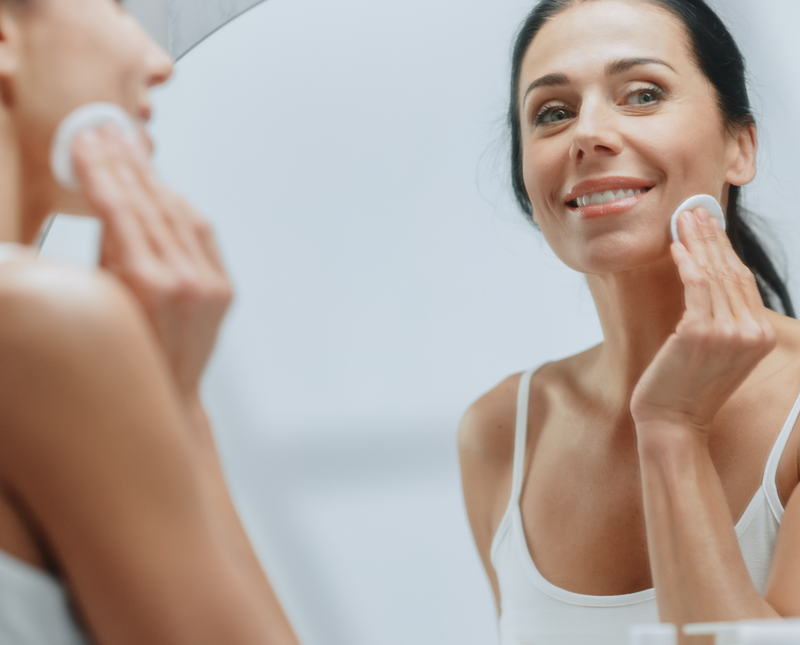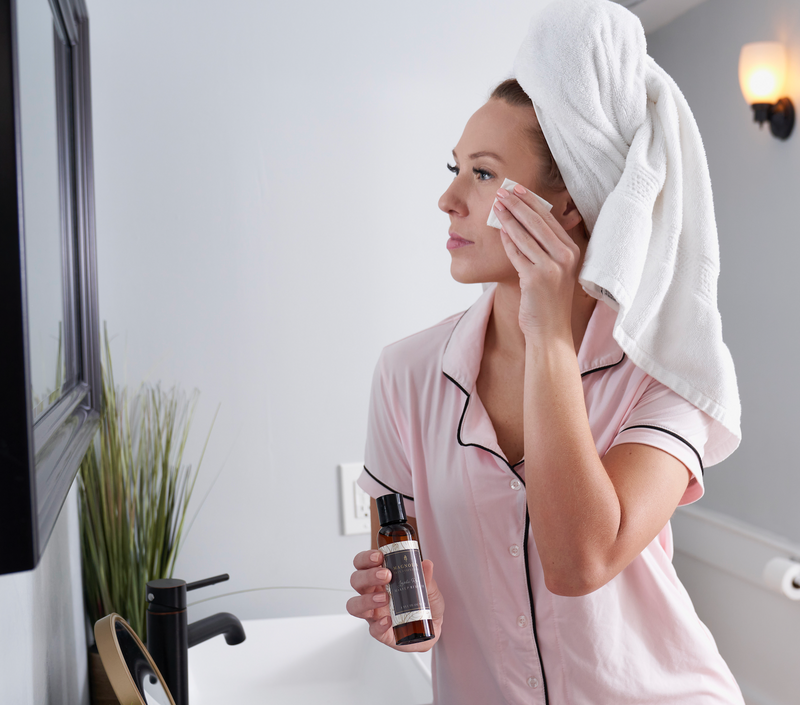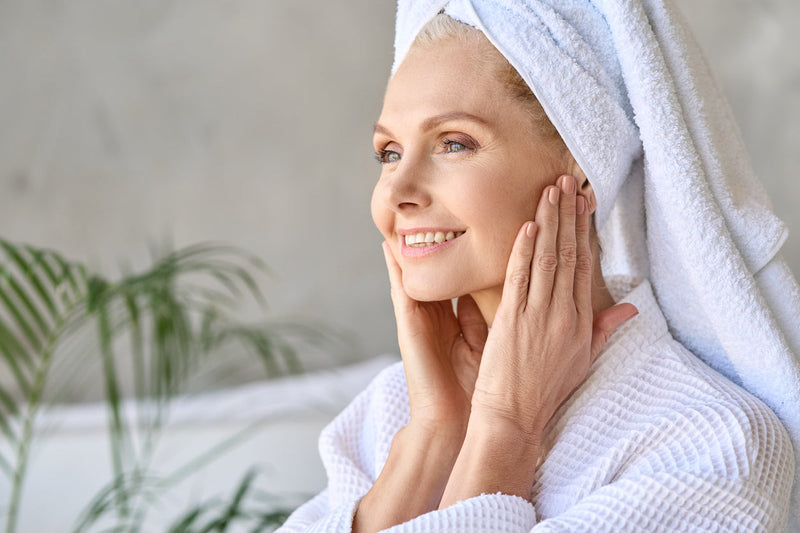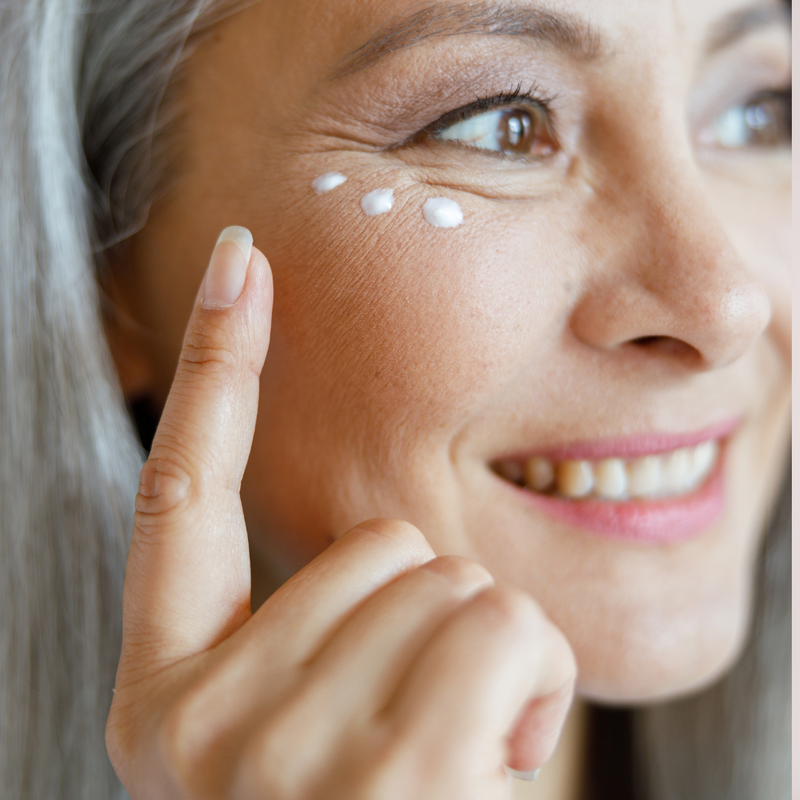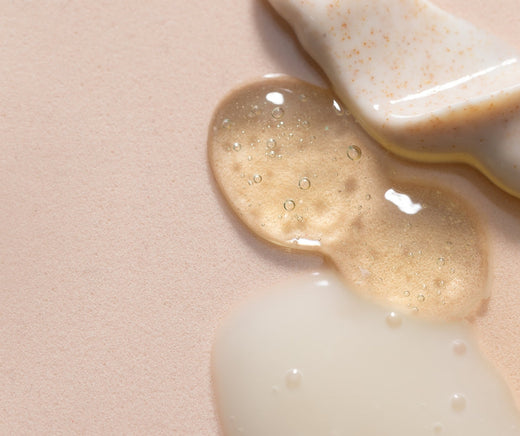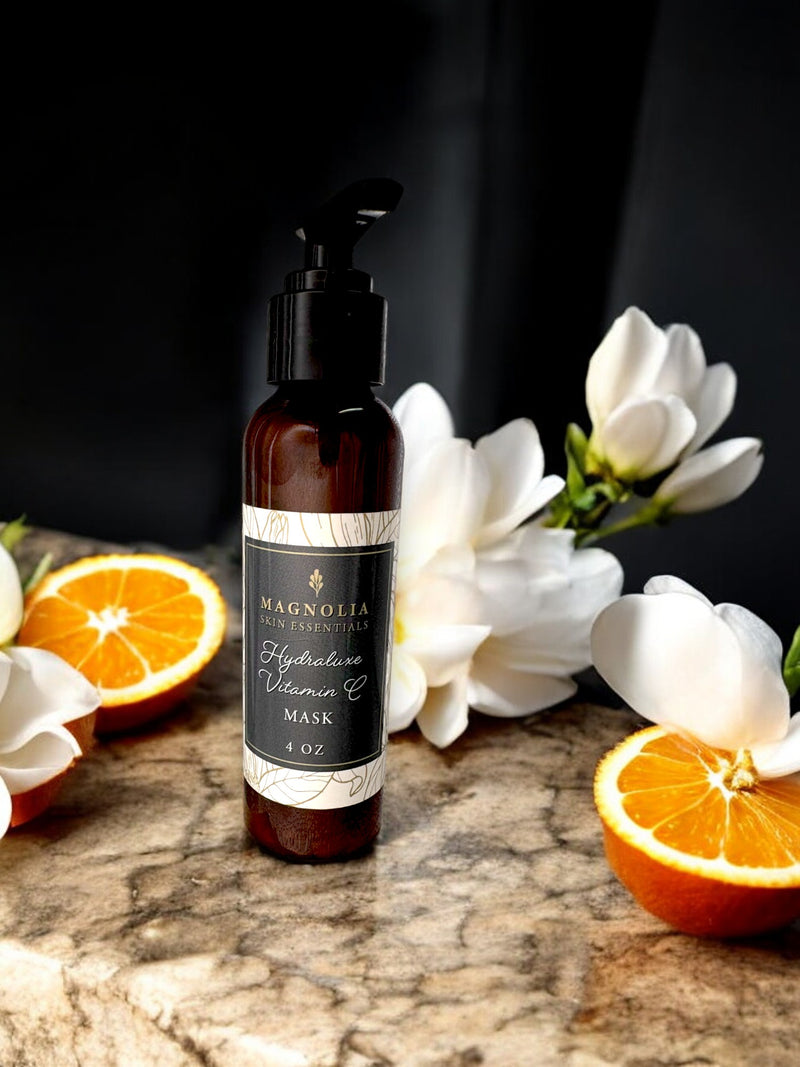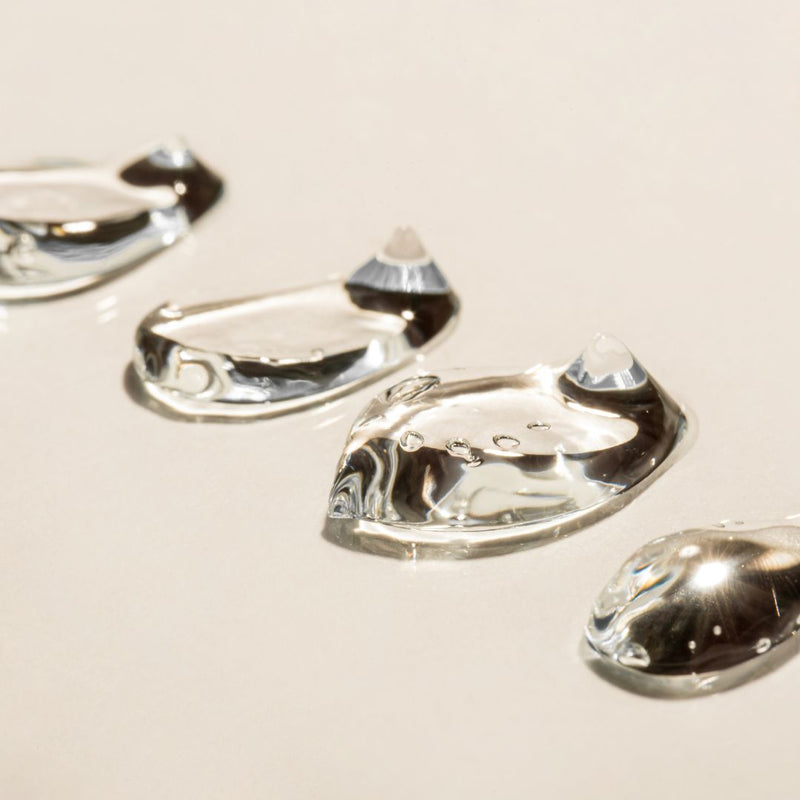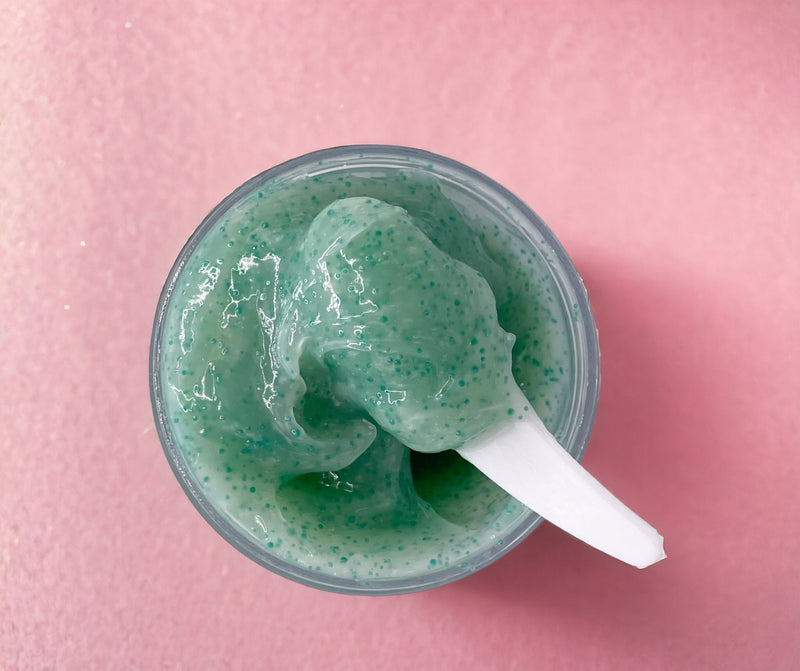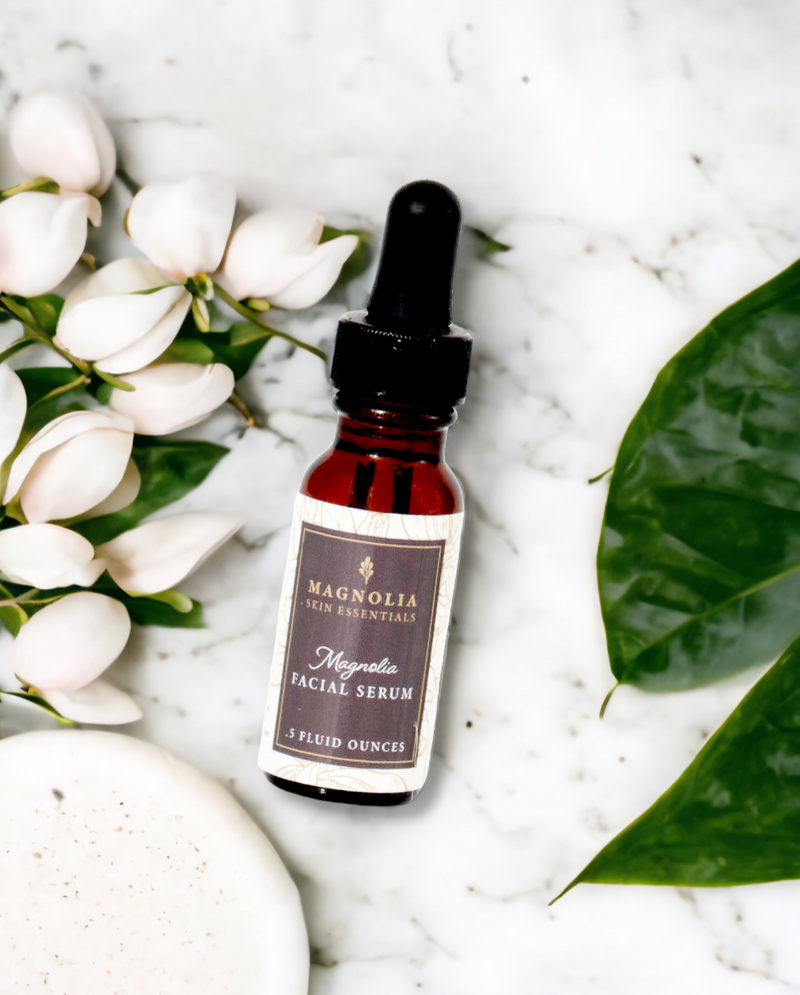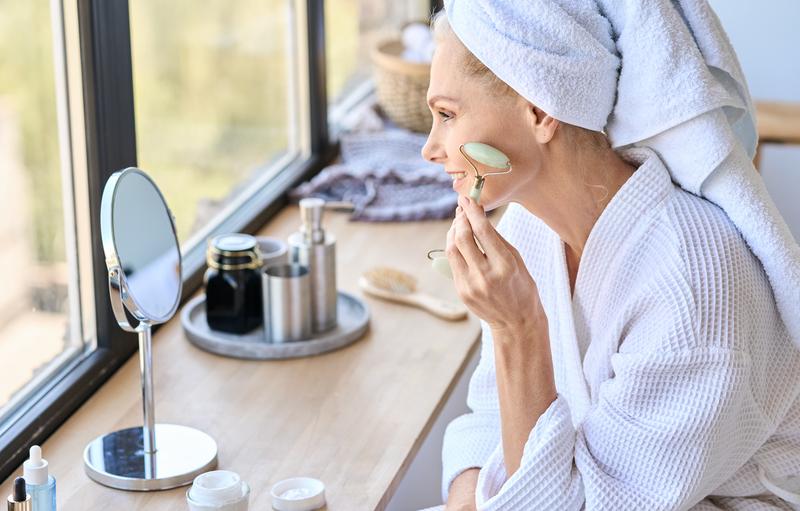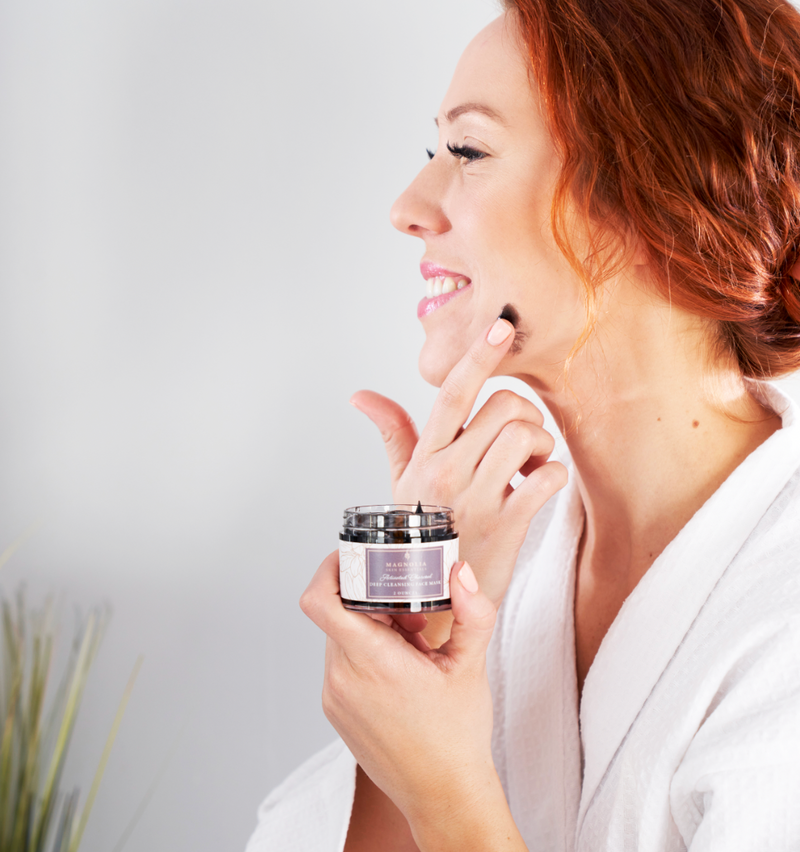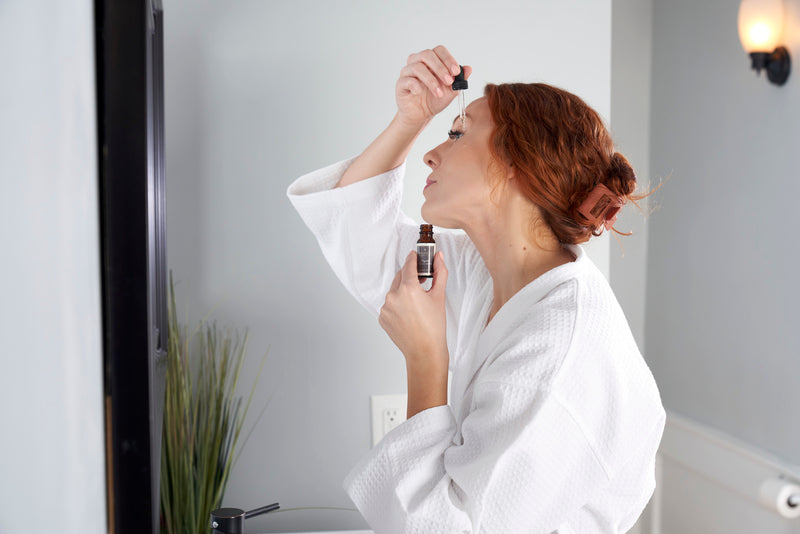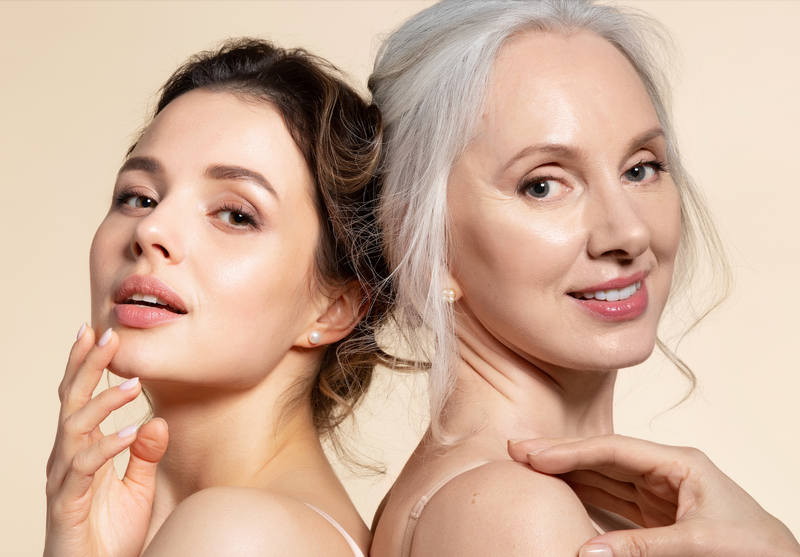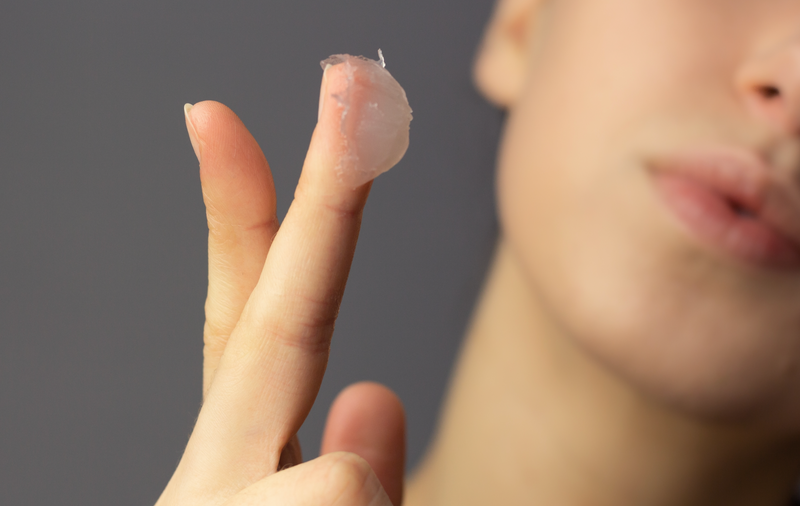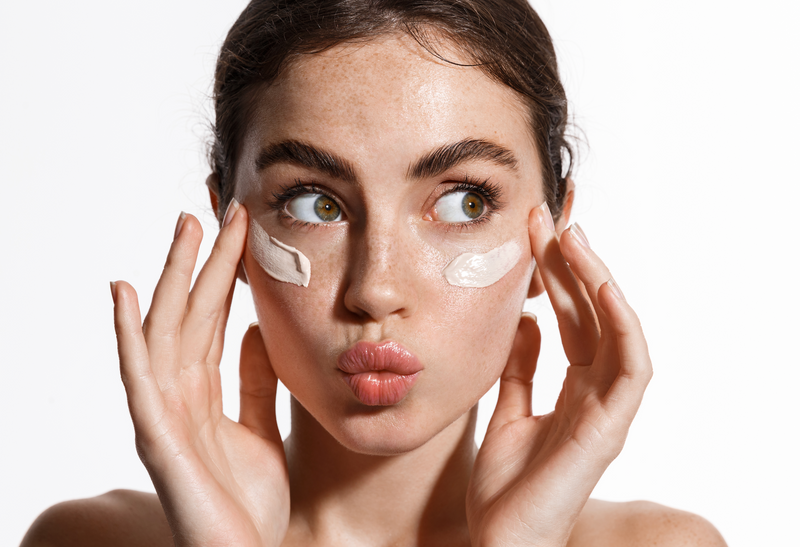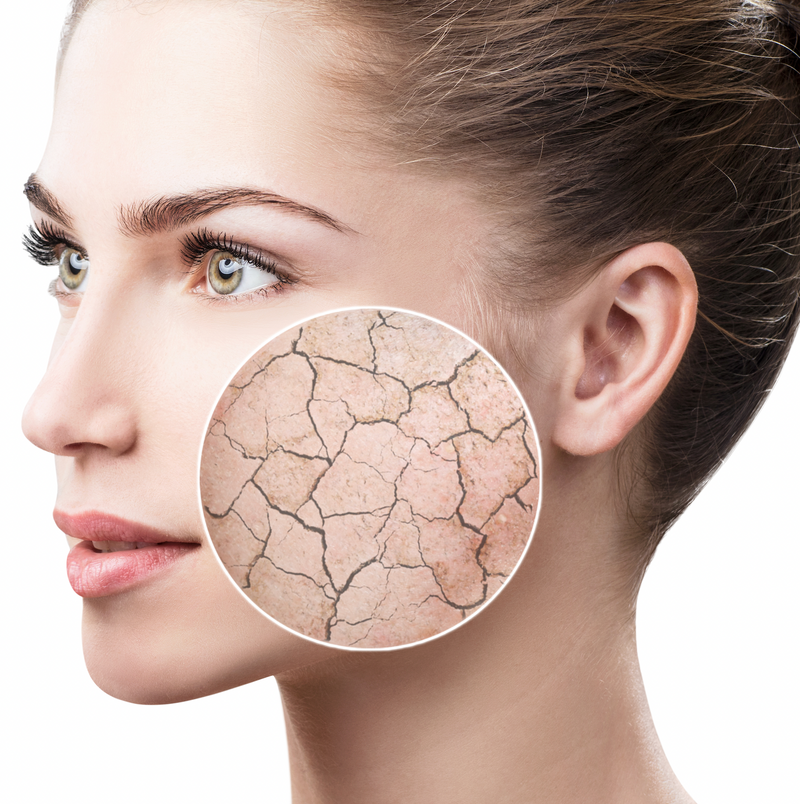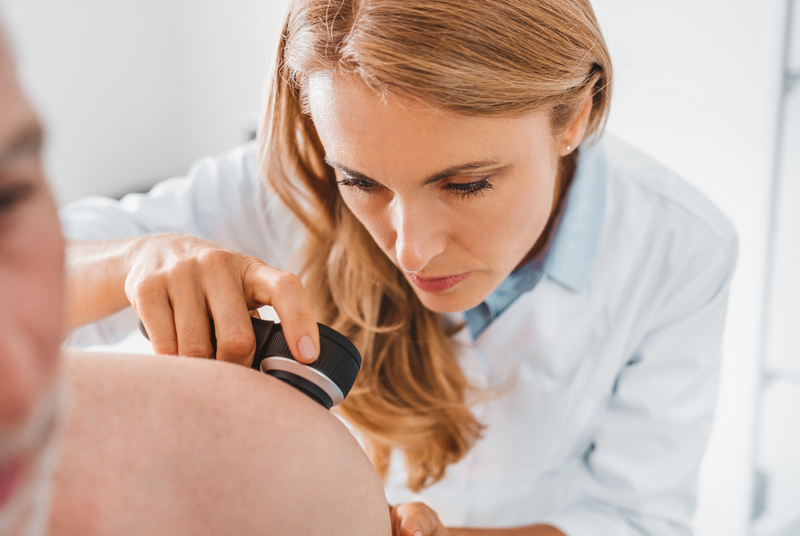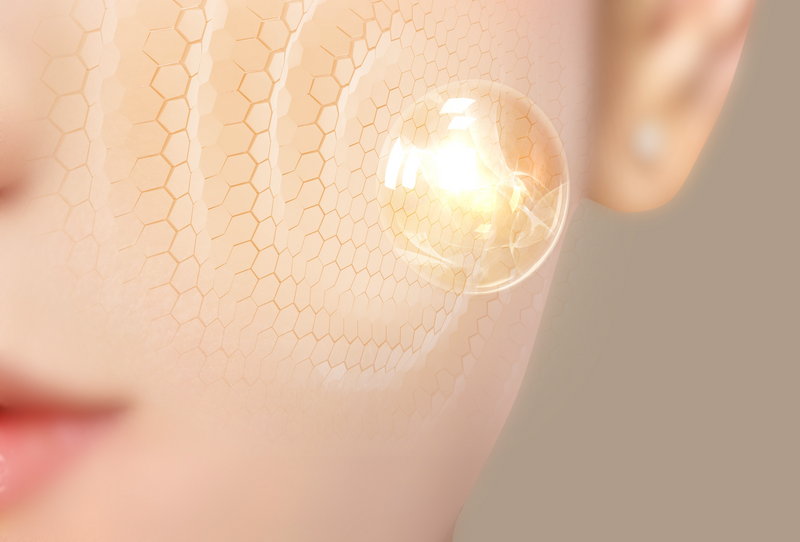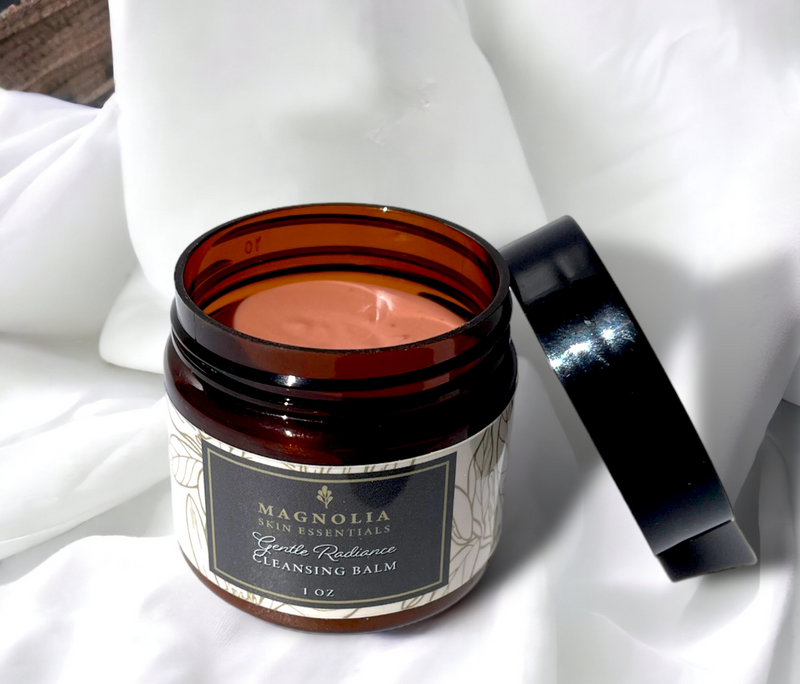2020 has been a big year for learning new terms and buzzwords, many of which we would wish we didn’t have to learn, right?
But there is one word that has garnered a lot of attention in the world of skin care, and that would be the term “microbiome.” If you're not sure what a microbiome is, or why you should care about it, read further because we're about to take a deep dive into that news worthy term.
What Is A Microbiome?
Would you rather watch the video? Click here.
A microbiome is a collection of genomes or “communities” of microorganisms that live both inside humans and on their skin. Some of these microorganisms are good and serve a productive purpose, and others are bad, such as bacteria that spread illnesses. Good and bad bacteria coexist on the skin and in the body, and when use the right products, you maintain a healthy and necessary balance. But when an imbalance occurs–oftentimes an imbalance that occurs from using harsh ingredients on your skin–that’s when not-so-good things happen.
On the outside, a build up of certain microorganisms can cause irritations, rashes, or infections such as rosacea, psoriasis, acne, and eczema. It can cause chronic dry skin and bring an early onset of aging effects, like those dreaded wrinkles and fine lines. On the inside, an imbalance of good and bad bacteria can cause a lot of unwanted conditions, and it will effect the health of your skin.
So, how can you care for these microbiomes? Here are three important tips for keeping a healthy balance.
A. Avoid using harsh soaps that strip away the good bacteria on your skin.
Not all bar and liquid soaps are created equal. Some soaps are made from whole, natural ingredients such as sunflower oil, coconut oil, and cocoa butter. Sodium hydroxide solution transforms these oils into soap, which become an effective cleansing agent without stripping away the sebum, your skin’s protective barrier. However, many commercial soaps are actual detergents, or borderline detergents that are made up of synthetic ingredients and contain little to no natural ingredients whatsoever.
Using a soap that is good for your skin helps maintain a healthy pH balance, cleanses without stripping away the skin’s protective barrier, and maintains healthy skin microbiomes.
B. Avoid using alcohol based products
Would you take a cotton ball, dip it in rubbing alcohol and clean your face with it? Definitely not! So take a good look at the ingredient list on your facial serums and toners because many of these products contain alcohol. Even some brands of Witch Hazel have isopropyl alcohol in them or were derived using alcohol. We suggest using oil-based serums and nutrient-based toners that are good for your skin and won’t strip away vital nutrients and good bacteria.
C. Consume foods and supplements that contain probiotics, prebiotics, and postbiotics
You can also help your skin maintain a healthy microbiome balance through your diet. Eating foods high in probiotics such as yogurt, pickles, kimchi, sauerkraut, and cottage cheese can all help your skin from the inside out. You can also find prebiotics and postbiotics supplements in most grocery store.
The great thing about treating your skin kindly is that it will reward you with beautiful skin, all year long!
And don't forget to subscribe and save! Subscribe at MagnoliaSkinEssentials.Com and save 15% off your entire first order!

